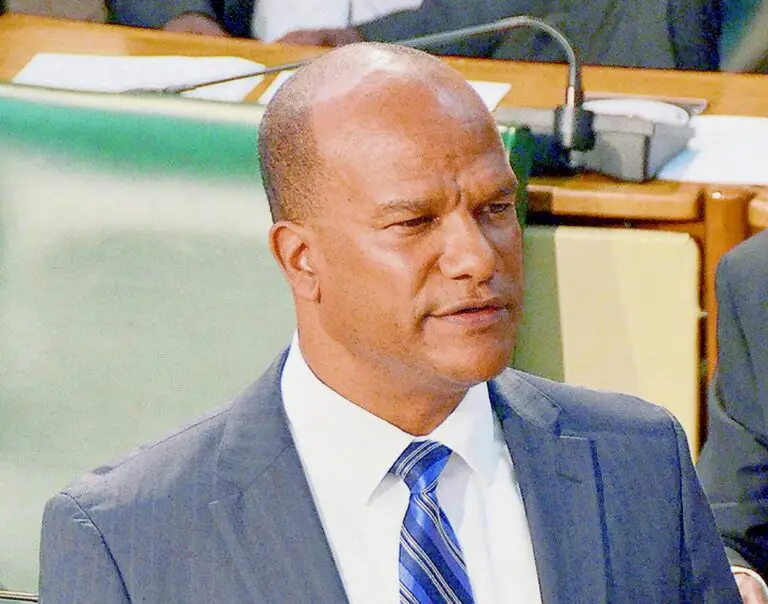Opposition Senator and Spokesman on Citizen Security and Productivity, Peter Bunting, has unleashed a fresh wave of criticism against the ruling Jamaica Labour Party (JLP). He contends that the JLP has taken up arms against the very Integrity Commission (IC) it once championed, accusing the government of rejecting measures designed to hold corrupt actors to account.
In his contribution to Friday’s State of the Nation Debate, Bunting charged that the JLP has set aside its previous endorsements of the IC, opting instead to “go against any initiative which would hold the corrupt accountable.” According to him, this stance violates past commitments and compromises public trust.
Bunting also highlighted Prime Minister Andrew Holness’s earlier endorsement of the IC during Parliamentary debates on its creation. At that time, Holness had decried widespread corruption—citing the misuse of public funds, revenue leaks, and the negative global perception these engender—as primary obstacles to foreign investment. Yet, Bunting noted that Net Foreign Direct Investment in 2023 fell to US$376.5 million, well below the US$926.5 million recorded in 2015, which he attributes to persistent corruption.
The senator further quoted the prime minister’s past acknowledgment that graft is “a significant retardant to growth” and contrasted that statement with more recent actions. After the IC released its investigative report accusing Holness of complex financial arrangements involving 28 bank accounts, Bunting said, “suddenly that same PM is in court seeking to strike down the Integrity Commission Act’s Section 14(5),” a move Bunting described as extraordinary coming from an administration that once hailed the IC’s mandate.
In addition, Bunting criticized the government for backtracking on commitments it made through the Crime Monitoring and Oversight Committee—specifically the introduction of Unexplained Wealth Orders and the consistent use of body-worn cameras by police. In his view, these reversals show a government that has forsaken its pledge to confront corruption and is now focused on undermining the very watchdogs once praised for safeguarding public resources.

